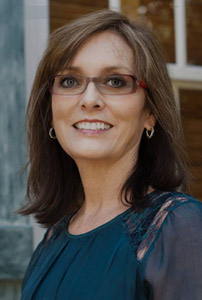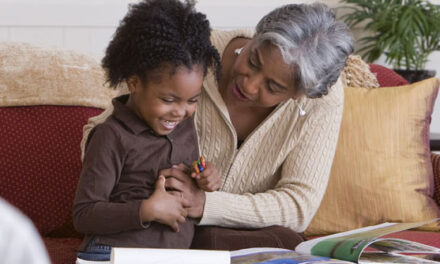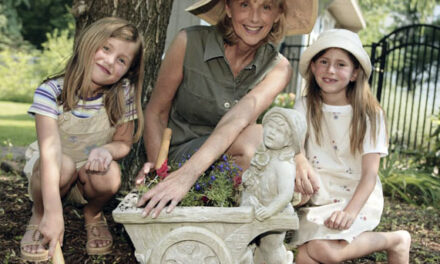by Teresa Bell Kindred
My oldest granddaughter is 14 and very into pop culture. She spent the weekend at my house and wanted to make sure she got home in time to watch the Super Bowl with her parents and siblings. She wasn’t interested in the football game, just the halftime show. And since she wanted to watch, I made it a point to watch it too.

To feature and promote this during one of the most watched “entertainment” slots of the year—and not only with children watching, but also with children on the stage with them—was more evidence of the downward spiral of morality in our nation.
When Television Began
By 1955, half of all U.S. homes had at least one television in them. I was born in 1956, and our black-and-white set was in the den where we watched programs like “I Love Lucy” and “Andy Griffith” together as a family. Even if we could have afforded another television set, my parents wouldn’t have worried because all programming was family-friendly back then.
Today, even commercials contain sexual innuendos or advertise products children shouldn’t have to see or hear about until they are older. A couple of years ago I was watching “White Christmas” with my granddaughter when a commercial for condoms aired. No grandparent should have to explain such things to an 8-year-old grandchild.
In this era of “me too,” when most women I know don’t want to be treated as sex objects—and any who do are clearly not considering the larger, long-term implications of what’s happening—the halftime show sure didn’t help our case. We simply can’t have it both ways. Either we approve of women being treated as sex objects or we don’t.
And truly, this is much bigger than the halftime show. We could talk about cheerleaders who wear outfits made with less material than my grandmother used in one quilt square, or the outfits and love scenes featured dozens of other TV shows, commercials, movies, newspaper and magazine ads, even billboards—not to mention social media, music, and other things they can access on their phones.
Children in today’s world have a hard enough time remaining childlike. Our society consistently exposes them to images and ideas that are too mature for young minds. Our grandchildren deserve better, and we grandparents can and should do our part to help protect and teach them.
4 Tips to Make a Difference
- In most cases, it’s our grandkids’ parents’ role to address this, so maybe a good first step is to talk with them about your concerns. Be clear on what their desires and standards are for their kids—especially if they take a stricter stance than you might.
- When the grandkids are with you, be alert for inappropriate scenes, pictures and messages. When something inappropriate comes on, turn it off and talk to your grandchild about why it was not appropriate. Plan ahead—and maybe research shows that will be on—so you can avoid the iffy ones.
- Come up with positive activities they will love—and that you can do together—instead of watching the halftime show or, at other times, instead of turning on the TV or computer in the first place
- Be an activist for your grandchild’s innocence. Let network affiliates, sports leagues and sponsors know what you think about what they’re promoting—especially during times when young children are watching. Contact your legislators to voice your concerns and demand better programming or a more obvious rating system.





